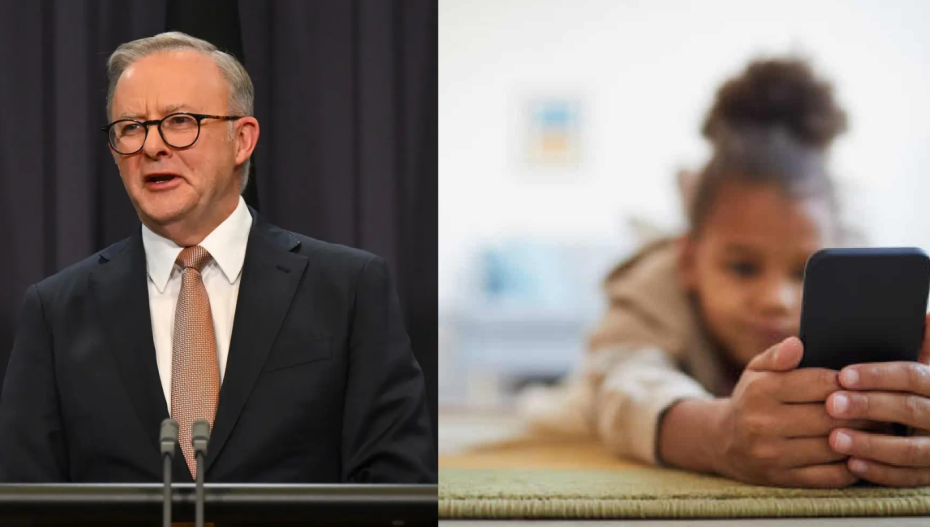Living in an ever-expanding digital world, we are nurturing internet babies who are tech-savvy but not tech-safe. This concern multiplies manifold in the world of social media. Even as the world is debating its boons and blessings, the Australian government’s proposed blanket ban on social media up to the age of 16, is a commendable step.
For the first time, social media platforms are responsible, and they must take reasonable steps to prevent access. This shift in responsibility is perfect as it holds tech companies accountable for ensuring a safer online environment for children, who, to date, have shied away from their responsibility.
Delayed social media usage has a long list of benefits that cannot be ignored for the well-being of future generations. It promotes mental well-being by reducing anxiety and depression, which may be triggered by feelings of inadequacy, cyberbullying, and the tendency to compare on social media platforms. It improves self-esteem by safeguarding children from constant comparison with intelligently curated profiles and even encourages children to develop connections in the real world.
Banning social media is equivalent to deleting distractions, which improves focus and concentration. This further improves time management, productivity, and academic performance. Besides engaging in offline activities, nurturing hobbies and interests naturally enhances imagination and creativity. Frequent real-world conversations improve communication skills and even boost self-confidence.
Several studies have highlighted that delayed social media usage encourages critical thinking about online information and improves the ability to discern facts from fiction. It also enhances digital literacy, and one is aware of online privacy and the potential risks of social media.
However, we must devise a step-by-step guide to keep them abreast of social media usage without exposing them to real threats. This could be done by introducing them to apps designed especially for children, like Quick Maths, Duolingo, Splash Learn, Epic, ClassDojo, and Science 360. These apps facilitate learning, encourage creativity and can be monitored easily. At the same time, children need to be encouraged to participate in outdoor activities and sports.
This will enable them to create a balance that they can maintain if they are aware of positive alternatives to social media.
There is a lot of skepticism whether similar actions like banning the use of smart phones in schools or banning social media under 16 years will work in a country as large, diverse and complex as India. To safeguard the youth, we need to begin somewhere, taking incremental steps like instructing the social media platforms to verify valid proof of birth certificate or a certificate from the school or parents before registration, can be a starting point.
The DTDT 2023 Act of India (Digital Personal Data Protection) mandates that verifiable consent of parent or legal guardian of the child is to be obtained if a minor (under the age of 18) has to open a social media account. Until now, in keeping with the US law COPPA (Children Online Privacy Protection Act) a minor child above the age of 13 can open a social media account. However, currently young children as old as 10 years or 11 years are engaged on social media based on fake age information, due to lack of proper verification processes.
Social media is an essential tool for trade, commerce, communication and information exchange. For children the use of digital platforms can be beneficial for access of education for all. However, its negative impacts outweigh the positive, on young minds. If all loopholes are covered, as children easily bypass the age-verification tools, this step by the Australian government will go a long way in protecting mental well-being and creating a healthier childhood.
Remember, wisdom and vigilance can make our children cybersecure!
(The writer is an author of the bestselling parenting book: Baby Steps to Big Dreams and its Sequel: Safe Teens Steps: Making Young Adults Cyber-safe)
Watch VO! exclusive with Dr Manjula Pooja Shroff on teenage and their challenges:
Also Read: Ahead of Merger with Air India, Vistara’s Last Flight Today












